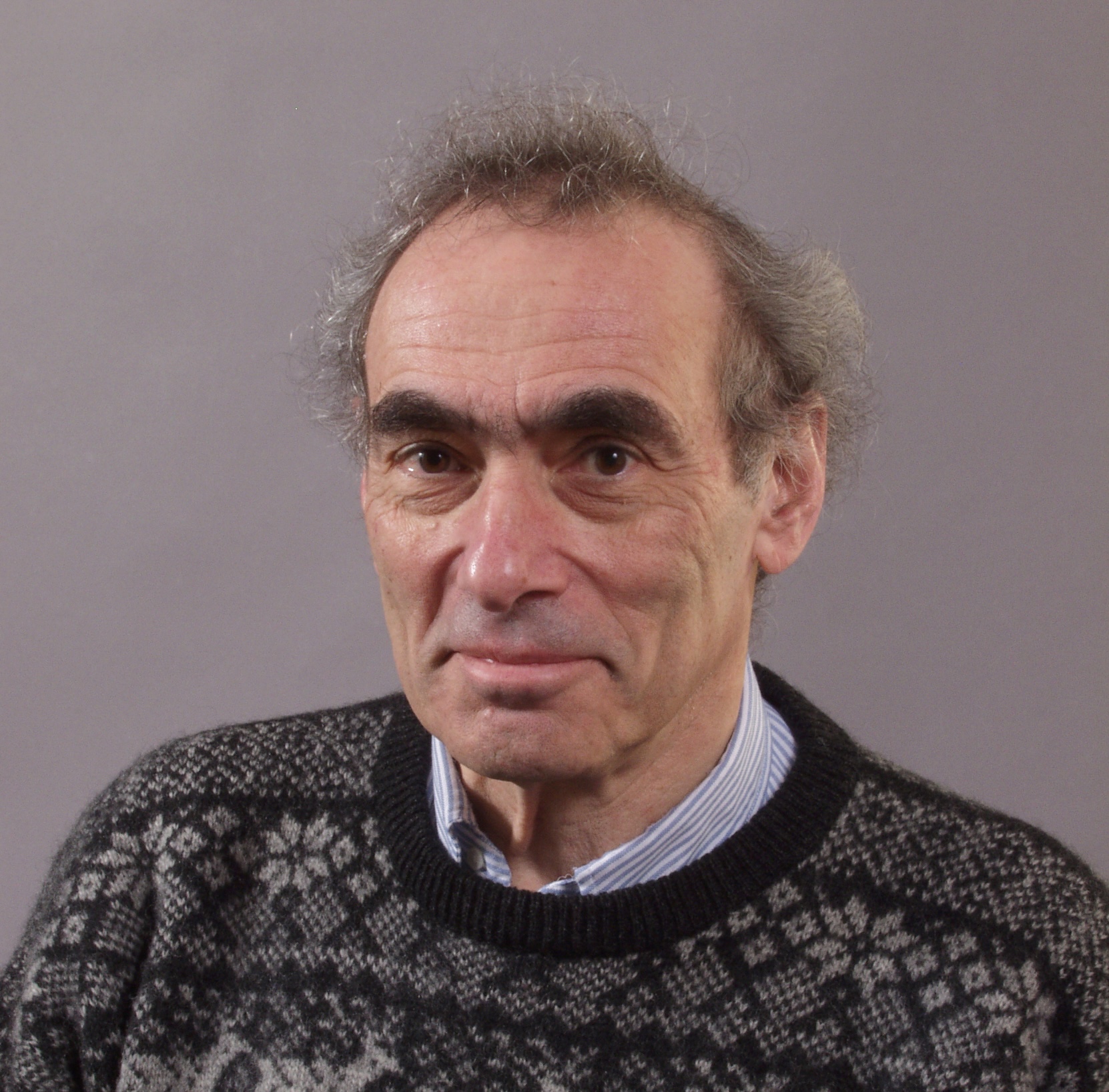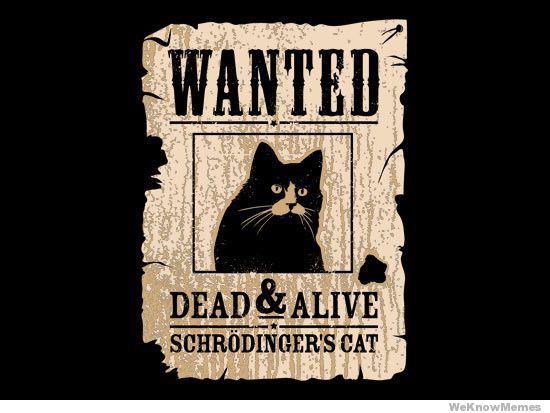Meet Our Physicists
Gordon Baym
University of Illinois

Gordon Baym is a Professor of Physics at the University of Illinois. He was educated at Brooklyn Technical High School, Cornell University, and Harvard University. He spent two years at the Niels Bohr Institute in Copenhagen. and after a year at the University of California in Berkeley, settled down at the University of Illinois.
His interests in physics are wide ranging, from matter at low temperatures and under extreme conditions of pressure and energy, to ultracold atomic physics, astrophysics, nuclear physics, and the history of physics. He is a pioneer in the study of pulsars and neutron stars, and a driver of laboratory studies of ultradense matter via ultrarelativistic collisions of heavy nuclei. His current interests include neutron stars, and neutrinos from the big bang.
He is a member of the U.S. National Academy of Sciences and of the American Philosophical Society, and a Fellow of the American Academy of Arts and Sciences. He received the American Physics Society Medal for Exceptional Achievement in Research as well as its Hans Bethe and Lars Onsager Prizes, and the Eugene Feenberg Memorial Medal. He is an Aspen homeowner and has been a regular participant in the Aspen Center for Physics since the mid 1960’s.

Positions Held
Honorary Member, 2024 – current
General Member, 2014 – 2024
Awards
American Physical Society Medal for Exceptional Achievement in Research, 2021
Eugene Feenberg Memorial Medal, 2011
American Physical Society Lars Onsager Prize, 2008
American Physical Society Hans Bethe Prize, 2002
Related Content

Oppenheimer and Los Alamos: Beyond the Movie
By Gordon Baym
I imagine that a good number of you have seen the movie, Oppenheimer, which focusses on the remarkable character of J. Robert Oppenheimer, and especially on the confrontations at the 1954 Atomic Energy Commission hearings
